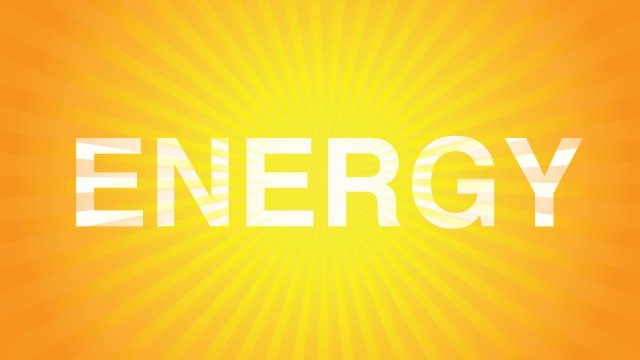If someone used the word “perspicacious,” would you know what they were talking about? What about an even simpler word that you use everyday: “energy?” From turning on the lights to working out at the gym, we use energy every day, but what exactly is energy?
KQED and the Precourt Institute for Energy at Stanford University have partnered to demystify the topic of energy in a new two-part iBooks Textbook series and iTunes U course. As with our other iBooks Textbooks—Earthquake, River Delta and Biotechnology—readers can investigate scientific concepts, new technologies, and connections between science and engineering through embedded video, audio, interactives, animations and more.
The first book, Energy: the Basics, looks at the science of energy, including the transfer and transformation of energy, and the difference between power and energy. Renewable and nonrenewable energy resources are examined, and Career Spotlight videos provide a glimpse into diverse jobs in the renewable energy industry. The second book, Energy: Use and Efficiency, explores how humans use energy—from generating electricity to developing energy-efficient technologies. The accompanying iTunes U course incorporates activities, apps, videos and chapters from the books into “assignments” that give learners an opportunity to examine the role of energy in their own lives.
The Energy iBooks Textbooks and iTunes U course were written by Matthew Inman, a science and math educator from Spokane, Washington. Inman has years of experience working in the field of energy education, including leading the development of the national set of energy education guidelines, “Energy Literacy: Essential Principles and Fundamental Concepts for Energy Education,” with the U.S. Department of Energy. Both the book series and course are aligned with the Energy Literacy Principles and Concepts, and with the Next Generation Science Standards. The iBooks Textbook format allows KQED to serve educators and learners by telling powerful stories while exploring science concepts and topics through multimedia. Teachers can seamlessly integrate digital resources into their teaching practice to bring the most current content to learners and build real-world connections with the topics.
